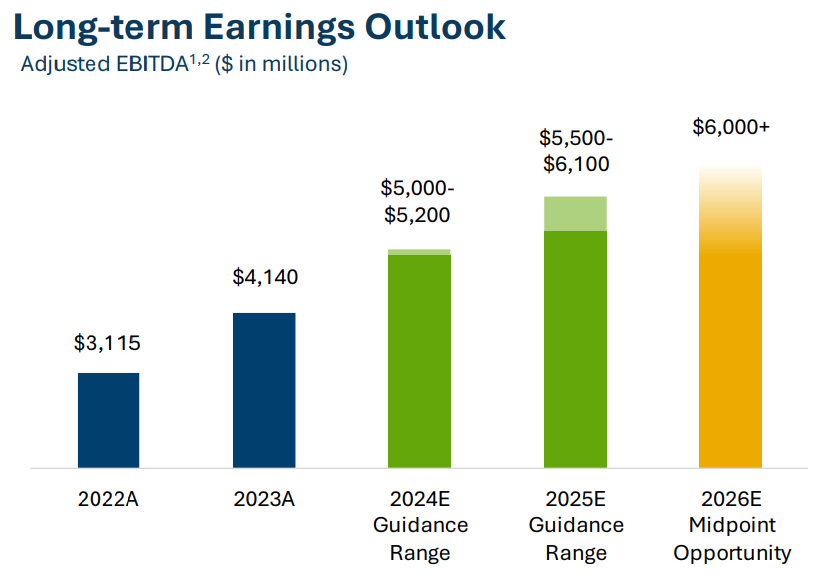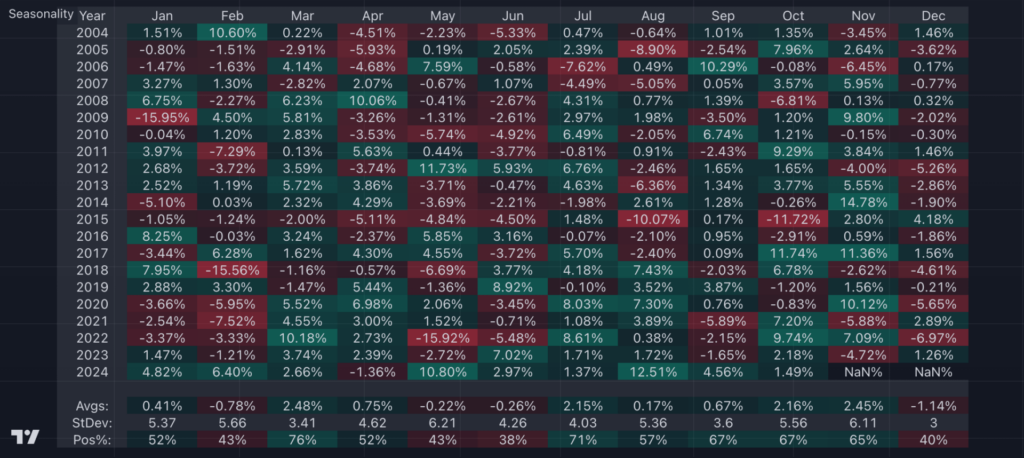AI products have an inherent power cost. Their electricity requirements ramp up from text-to-text to text-to-image generation and then even more to text-to-video content.
The International Energy Agency (IEA) estimated that, by 2026, AI data centers will need 10x more power than in 2023. Last year, Nvidia’s 100,000 AI chips amounted to 7.3 TWh of annual electricity consumption. For comparison, estimated electricity consumption to secure its network was 120 TWh during 2023, out of 130 TWh total for all cryptocurrencies.
Consequently, the IEA expects nuclear power generation to reach a new high in 2025. As the most cost-efficient energy source, it is currently expanding rapidly in Asia, which should give incentives to the West to catch up. Not only is nuclear energy density off the charts compared to , coal, and oil, but nuclear fuel rods are recyclable up to 97%.
As all other energy generation sources are less reliable, both Microsoft (NASDAQ:) and Alphabet (NASDAQ:) have already made deals to buy energy from nuclear reactors. With this trend clear on the horizon, here are some nuclear infrastructure stocks investors should keep in mind.
BWX Technologies, Inc.
Based in Lynchburg, Virginia, this company should be viewed as exceedingly safe nuclear (investing) exposure. The company is critical for US and UK navies’ nuclear application. Conversely, it is directly involved in securing the US hegemony and dominance, which is key to constant growth of the S&P 500 index.
On top of that, BWX Technologies Inc (NYSE:) also plays an important commercial role in the US nuclear sector, from components to microreactors. Case in point, this June, Wyoming Energy Authority picked BWX to deploy small-scale nuclear reactors to augment the state’s energy needs.
Additionally, BWXT Medical division has a diversified pipeline servicing the nuclear medicine sector, primarily by supplying diagnostic radioisotopes. All of these sectors have high human and technological capital requirements. This scarcity makes BWX role similar to the nuclear sector what TSMC is for the semiconductor industry.
Year-to-date, BWXT stock has gone up 64%, presently priced at $125.38, against the 52-week average of $95 per share. Should investors take the BWXT plunge at the forward price-to-earnings (P/E) ratio of 36.90? In Q3 earnings, delivered on November 4th, the company raised its revenue guidance for FY24 from $2.6 billion to $2.7 billion.
According to 8 analyst inputs aggregated by Nasdaq, the average BWXT price target is $131.14 per share, with a potential for a $166 ceiling twelve months ahead. When there is a stock market correction after the Trump enthusiasm wanes, BWXT should be on investors’ radar.
NexGen Energy (TSX:)
On the riskier side of the nuclear spectrum, NexGen Energy Ltd. (NYSE:) is a pre-revenue uranium exploration company. Nonetheless, 22 nations pledged at UAE’s COP28, at the end of 2023, to triple global nuclear power generation by 2050. Accounting for regional instabilities and geopolitical tensions, this is bound to create a high uranium demand.
In November’s investor presentation, NexGen is heavily focused on developing the Rook I Project located in Saskatchewan, Canada. Its untapped uranium potential, graded at 29.2 Mlbs U3O8 annual production for 11.7 years, could make it one of the world’s largest uranium suppliers.
For the Western hemisphere, Rook has the potential to supply half of needed uranium supply. Rook’s Canadian location is an extra plus, as US investors don’t have to worry about regional stability. NexGen expects uranium prices to go up 127% by 2030, which would pave NexGen’s path to become the world’s top 10 uranium mining companies.
As of the latest financial report ending September, the company holds CAD$537.7 million in cash against CAD$468.8 million in total liabilities, of which CAD$429.9 million is in convertible debentures. These are hybrid debt instruments that combine bonds and shares at a fixed interest until investors’ conversion into equities.
Year-to-date, NXE stock is up 6.3%, presently priced at $7.21 against the 52-week average of $7.07 per share. The $7.1 range is the bottom forecast by 9 analyst inputs, while the average NXE price target is $8.79. The high ceiling is $10 per share.
Vistra Corp.
Back to the safer side of the nuclear spectrum, Vistra Energy Corp (NYSE:) is an electricity generation company. Given the fact that utility companies provide layer zero for civilization to function, and that they can always tweak prices with inflation, VST is a low-risk stock exposure.
Preparing for the AI datacenter future, Vistra acquired Energy Harbor for $3.43 billion in March, which expanded its nuclear reactor fleet to rank as the 2nd largest in the US. From an investing perspective, Vistra is a solid pick to capture dividend yield growth.
As of the end of October, Vistra’s dividend growth is 6.52% quarterly, at an annual payout of $0.89 per share. VST stock itself is up 263% year-to-date, presently priced at $138.39 per share.
Since 2021, Vistra has been executing $4.58 billion in stock buybacks, of which $2.2 billion remains to be authorized. In the latest Q3 financial report delivered on November 7th, Vistra raised 2025 guidance to $5.5 – $6.1 billion range.

For the next year, the company already hedged 96% of energy prices, ensuring cash flow stability. Against the 52-week average of $74.83 per share, the average VST price target is $163.11. The current price of $138.39 is closely aligned with the bottom forecast of $135 per share.
***
Neither the author, Tim Fries, nor this website, The Tokenist, provide financial advice. Please consult our website policy prior to making financial decisions.




